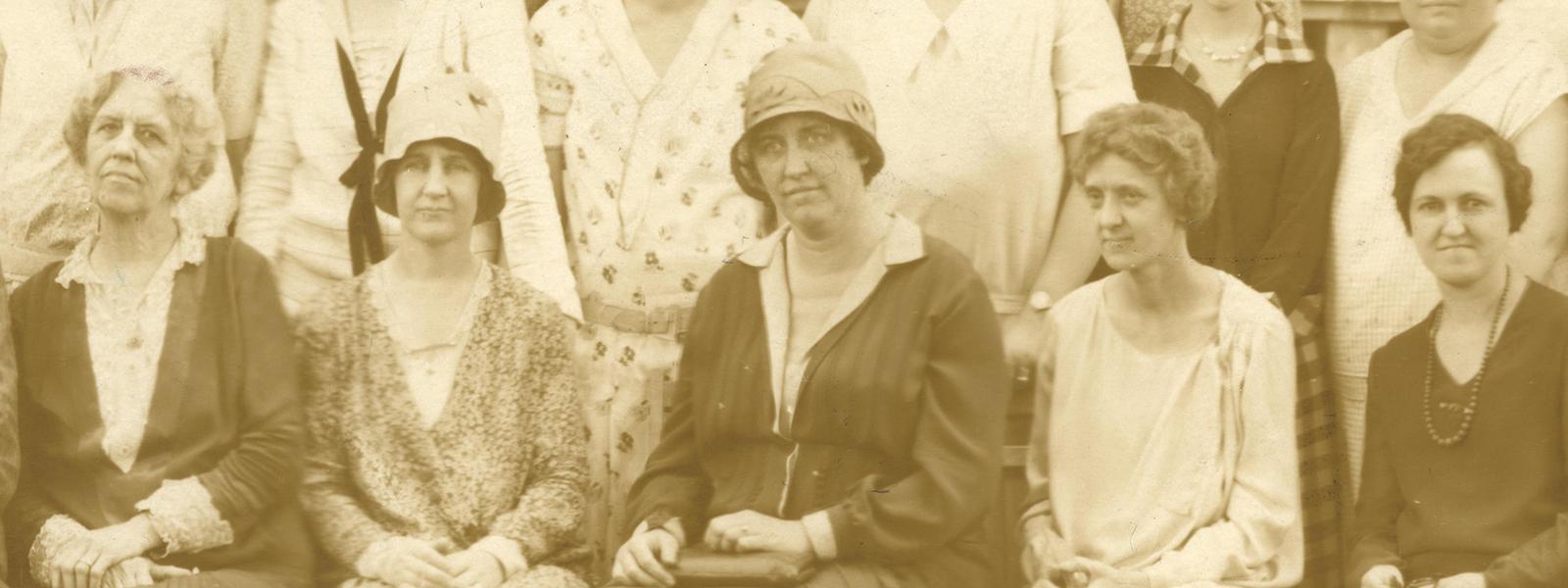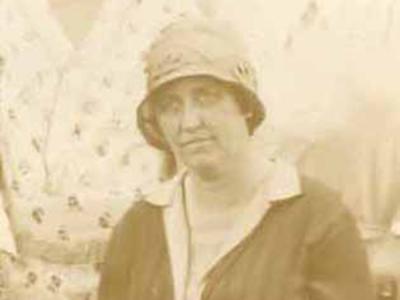
What you may not know about Emily Dick
What you may not know about Emily Dick

July 20, 2023
Much has been written over the last 100 years about Emily Dick, the woman with a burden to minister to the those living in the mill villages of the Columbia area in the early 1900s. Dick and the prayer group she led asked God for a Bible school to train more workers for ministry to reach the mill towns and beyond. It came to fruition in 1923 as Columbia Bible School, later renamed Columbia Bible College, and today is Columbia International University. While many know that much of her story, here are a few more tidbits that are lesser known.
Dick was born in New York City in 1889. Her family moved to Columbia and were members of First Presbyterian Church. Her heart for ministry is mentioned in the book, “The Glory of the LORD Risen Upon It,” a history of First Presbyterian by David B. Calhoun.
The book records that Dick’s mother, Mrs. T. H. Dick, was superintendent of the church’s Sabbath Schools Primary Department, and that Emily Dick was a teacher at these schools. Calhoun writes:
“Miss Emily Dick, always active in good causes, organized a series of Bible classes—with instruction also in homemaking skills such as cooking and sewing—in the Columbia-area mill districts.”
Crossing Denominational Lines
In what you could say was an early nod toward what would become a CIU core value of Evangelical Unity, Dick partnered in the mill ministry with a friend from another downtown Columbia church.
“She enlisted Miss Margaret Childs, a member of Washington Street Methodist Church, to help in this work.” Calhoun wrote.
In the fall of 1918, Dick gathered friends to pray for a Bible school. Most accounts of the prayer group partners have included: Emily’s mother, Margaret Childs, Pamela Moore, Mrs. Elizabeth Tarrant, and Mrs. Pearl Stone. According to Calhoun’s book, there was also Miss Mabel Briggs, a Ladies Bible Study teacher at First Presbyterian. Mary Dibble would later join the group. She was apparently a woman of some prominence, as Calhoun records she and her sister owned a “letter shop,” an early 20th century term for an independent agency that handled clerical work such as mailing, mimeographing (a forerunning of photocopying) and bookkeeping.
Calhoun records CIU’s earliest days, first as the Southern Bible Institute in 1921, offering classes at a rented house on College Street but also noting that the school operated briefly at Main Street Methodist Church.
He mentions CIU’s first president R.C. McQuilkin. He often preached at First Presbyterian and sometimes moderated session meetings (the governing body of elders) in the absence of the pastor.
More Ministry, Education, Piano!
Little has been written about Dick after her involvement in the founding of CIU. But her 1962 obituary from The State newspaper reveals that she had a hand in various ministries throughout her life. Her impact in mill villages went beyond Columbia:
“One of her well known accomplishments was the formation and operation of a chain of community houses, for social and religious work, in towns occupied by workers in five cotton mills, Columbia, Lexington, Spartanburg, Asheville and Atlanta.”
The obituary goes on to read:
“She attended schools in Columbia and graduated from the College for Women in Columbia and later of the Moody Bible School in Chicago. She taught piano in the Virgil Clavier Piano school in Columbia, and in the old Columbia Theological Seminary plant at Blanding and Pickens streets. She organized the Fair Haven home for daughters of missionary parents. In the same period she headed the religious work of the Columbia Y. M. C. A.”
A New Home in Norfolk
But Dick did not stay in Columbia. There was ministry for her in Virginia and Florida:
“In recent years, Miss Dick called Norfolk her home, and she was active in religious work there. Besides the Norfolk Bible school, she conducted Bible classes for Navy wives, and she conducted a religious program of Child Evangelism in Miami and Norfolk, as well as numerous Bible classes in homes and churches of Norfolk.”
While ministry took her elsewhere, the obituary notes: “The Columbia Bible College, it has been said, was born in Miss Dick's heart … She worked zealously for the College all of her life.” Just two years before her death, CIU moved from downtown Columbia to north of the city, with Dick still manifesting “intense interest in the new plant of the Bible college on Monticello road.”
Her Death
Prior to her death, Dick had been extremely ill for a year or more and physicians had given little promise to improvement. She died at Lakeside Rest Home in Lexington (South Carolina) on Sunday Aug. 26, 1962 at 7:30 p.m.
Emily Dick is buried next to her parents in Columbia’s Elmwood Cemetery. Her headstone is inscribed with the Bible reference Deuteronomy 33:27. That passage reads: The eternal God is thy refuge, and underneath are the everlasting arms …
The history of CIU is detailed in the soon-to-be-released book, "A Century of God's Faithfulness." Order your copy at ciu.edu/100thbook.
CIU is celebrating 100 years of its mission to “educate people from a biblical worldview to impact the nations with the message of Christ.” The university consistently ranks among the Top Regional Universities in the South by U.S. News & World Report, as well as a Best Value Regional University in the South. Apply now or request information on enrollment by contacting Admissions at (803) 807-5024 or admissions@ciu.edu.

Emily Dick

